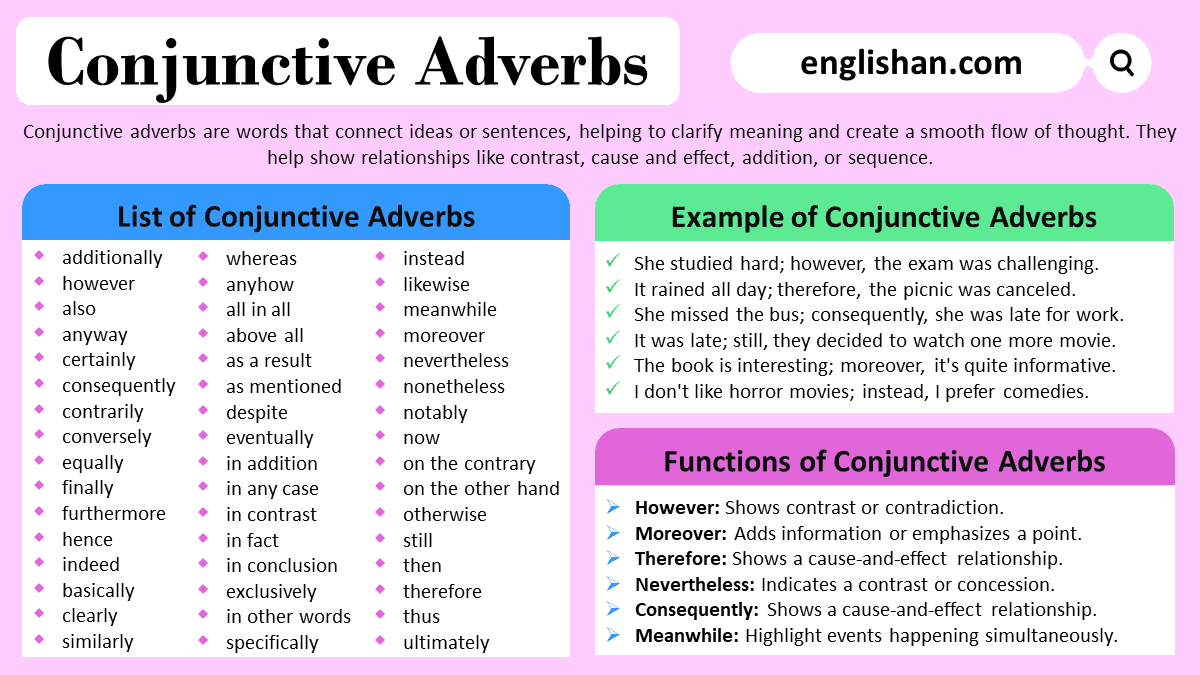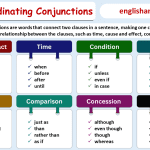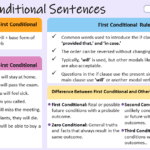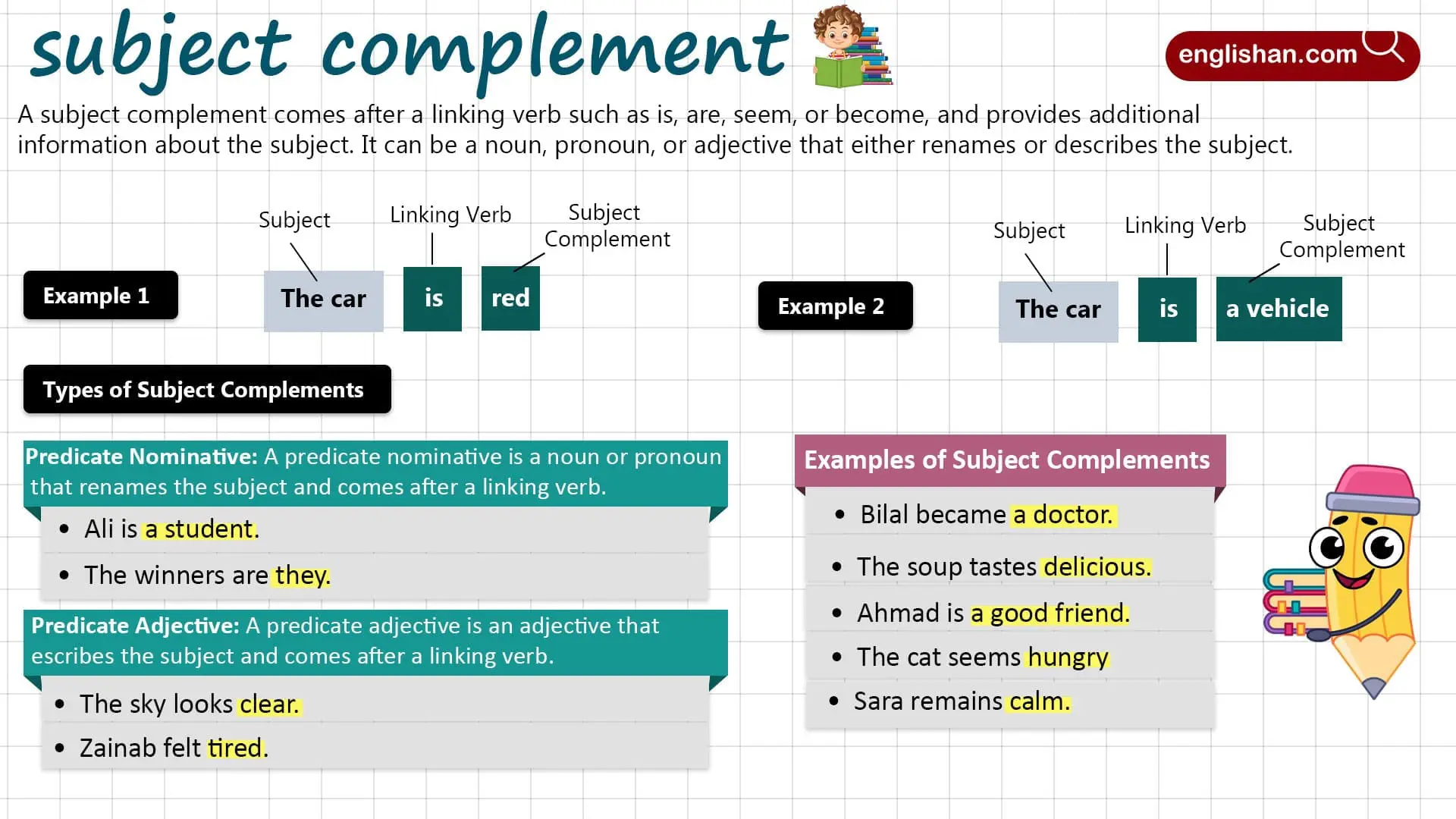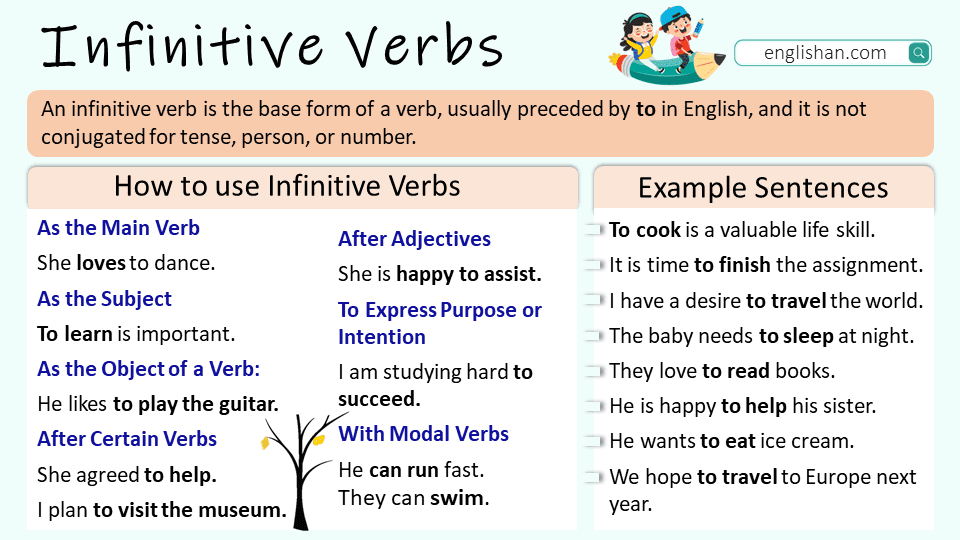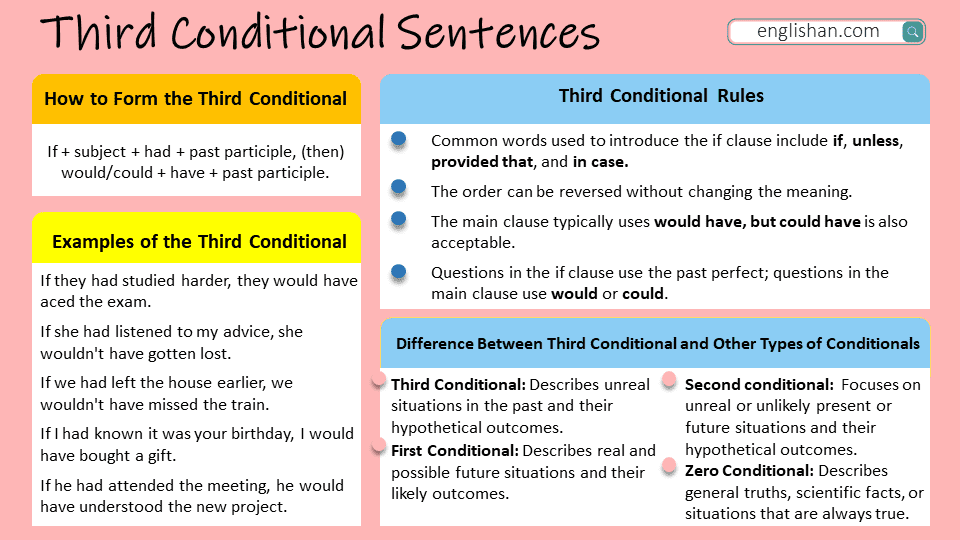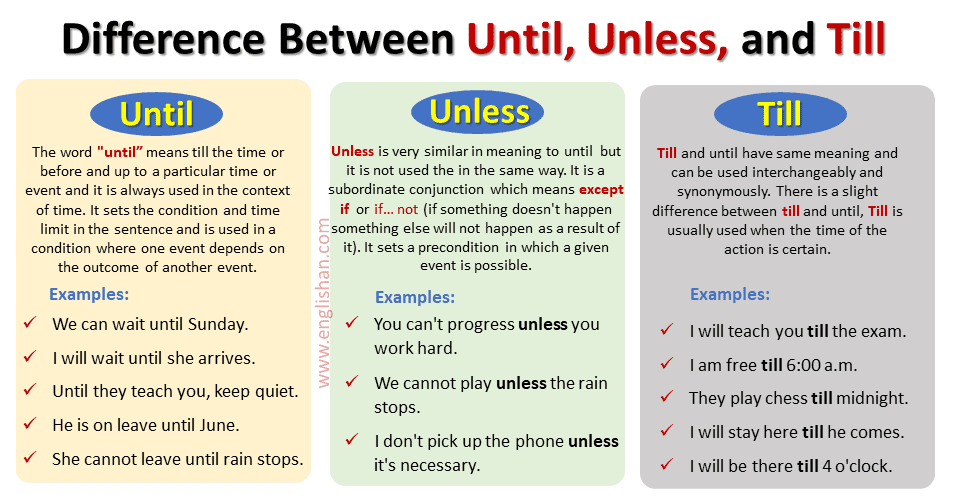Conjunctive adverbs are words that connect ideas in a sentence. They help make your writing flow smoothly by showing the relationship between different parts of a sentence. Conjunctive adverbs can show how ideas are added together, contrasted, related by cause and effect, or connected by time.
Using conjunctive adverbs well can make your writing clearer and more organized. Let’s learn more about what they are, how to use them, and some examples to help you understand this helpful part of grammar.
What Are Conjunctive Adverbs?
Conjunctive adverbs like “however,” “therefore,” and “meanwhile” link two complete sentences together. They show the relationship between the ideas, like contrast, cause and effect, or sequence. Conjunctive adverbs help make the connection between ideas clearer.
Example: It was raining heavily; however, they decided to go for a walk.
In this example, “however” links the two sentences and shows contrast. It helps explain the unexpected relationship between the rain and their decision to walk.
How to Use Conjunctive Adverbs
Using conjunctive adverbs correctly can help make your writing clear and easy to understand. Here are some simple tips to help:
Where to Put Them in a Sentence
You can put conjunctive adverbs at the beginning, middle, or end of a sentence, depending on what you want to emphasize:
- Beginning: However, I will attend the meeting.
- Middle: I will, therefore, prepare a presentation.
- End: I will prepare a presentation; moreover, I’ll share relevant data.
Using Punctuation
When a conjunctive adverb connects two complete sentences, use a semicolon (;) before it and a comma (,) after it:
She studied hard; however, she didn’t perform well in the exam.
Capitalization Rules
When a conjunctive adverb starts a sentence, it should be capitalized and followed by a comma:
Moreover, the results of the experiment were consistent.
Connecting Ideas
Conjunctive adverbs help link ideas together. They can connect full sentences or different parts of a sentence:
She worked late into the night; therefore, she completed the project on time.
Common Conjunctive Adverbs
However
This word shows contrast or an unexpected result.
Example: She studied hard; however, she didn’t do well on the test.
Therefore
This word shows a consequence or conclusion.
Example: It was raining; therefore, the picnic was canceled.
Moreover
This word adds more information to the point already made.
Example: The team won the championship; moreover, they set a new record.
Meanwhile
This word shows that two events are happening at the same time.
Example: He was cooking dinner; meanwhile, she was setting the table.
Nevertheless
This word shows contrast or opposition to what was just said.
Example: The movie was long; nevertheless, it was exciting.
Furthermore
This word adds more support to the previous idea.
Example: I love swimming; furthermore, it’s a great way to stay healthy.
Consequently
This word shows a cause-and-effect relationship.
Example: They missed the bus; consequently, they were late.
Otherwise
This word shows what will happen if something doesn’t occur.
Example: Study hard; otherwise, you might fail the test.
Similarly
This word shows how two ideas are alike.
Example: She likes hiking; similarly, her brother enjoys outdoor activities.
Hence
This word shows a result or consequence.
Example: The car broke down; hence, they had to call for help.
Functions of Conjunctive Adverbs
Conjunctive adverbs are words that connect ideas and help show how different parts of a sentence relate to each other. They make your writing clearer by showing relationships like cause and effect, contrast, sequence, or timing. Here are some common ways conjunctive adverbs are used:
Connecting Ideas
Conjunctive adverbs can link ideas and show how they are related. For example:
- She studied hard; consequently, she aced the exam.
In this sentence, ‘consequently’ shows a cause-and-effect relationship between the two parts.
Showing Contrast
Conjunctive adverbs can show a difference between ideas. For instance:
- He wanted to go to the party; however, he had too much work to finish.
Here, ‘however’ shows a contradiction or an unexpected situation.
Showing Sequence
These adverbs can help show the order of events. For example:
- Firstly, she prepared the ingredients; then, she started cooking.
‘Firstly’ and ‘then’ help show the steps in the correct order.
Giving Examples
Conjunctive adverbs can be used to give examples that support what you are saying. For example:
- She loved outdoor activities; for instance, hiking and camping were her favorite pastimes.
In this sentence, ‘for instance’ introduces specific examples of outdoor activities.
Emphasizing Points
These adverbs can also help emphasize important points. For example:
- Indeed, the view from the mountaintop was breathtaking.
Here, ‘indeed’ emphasizes just how amazing the view was.
Showing Time
Conjunctive adverbs can show when things happen. For example:
- He finished his homework; meanwhile, she went for a jog.
In this case, ‘meanwhile’ shows that both actions happened at the same time.
Conjunctions vs Conjunctive Adverbs
Conjunctions and conjunctive adverbs both connect ideas, but they do so in different ways:
Conjunctions (like “and,” “but,” “or”) link words, phrases, or clauses directly, showing how ideas are joined together.
Example:
- I wanted to go for a walk, but it started raining. (joins two ideas simply)
Conjunctive Adverbs (like “however,” “therefore,” “meanwhile”) connect complete sentences and clarify the relationship between them.
Example:
- I wanted to go for a walk; however, it started raining. (shows the contrast more clearly)
In summary, conjunctions link ideas simply, while conjunctive adverbs provide more detail about how the ideas relate to each other.
List of Conjunctive Adverbs
- Accordingly
- Additionally
- Admittedly
- Also
- Anyway
- Afterward
- Besides
- Certainly
- Comparatively
- Consequently
- Contrarily
- Conversely
- Elsewhere
- Equally
- Finally
- Furthermore
- Hence
- However
- Indeed
- Instead
- Likewise
- Meanwhile
- Moreover
- Namely
- Nevertheless
- Nonetheless
- Notably
- Now
- On the contrary
- On the other hand
- Otherwise
- Similarly
- Still
- Subsequently
- Surprisingly
- Then
- Therefore
- Thus
- Ultimately
- Unquestionably
- Whereas
- Alternatively
- Altogether
- Anyhow
- All in all
- Above all
- As a result
- As mentioned
- At the same time
- Consequently
- Correspondingly
- Despite
- Eventually
- For example
- For instance
- For this reason
- Henceforth
- In addition
- In any case
- In contrast
- In fact
- In conclusion
- In other words
- In particular
- In short
- In summary
- In the meantime
- In turn
- Incidentally
- Instead
- Later
- Likewise
- Meanwhile
- Moreover
- Nevertheless
- Next
- Nonetheless
- Notwithstanding
- Now
- Otherwise
- Overall
- Plus
- Similarly
- Specifically
- Basically
- Clearly
- Exclusively
Example Sentences
- I wanted to go to the park; however, it started raining.
- They went shopping; meanwhile, I stayed home and relaxed.
- She doesn’t like coffee; instead, she prefers tea.
- They were lost in the city; hence, they asked for directions
- I enjoy writing; therefore, I started a blog.
- I prefer tea; conversely, my friend likes coffee.
- I love summer; moreover, I enjoy swimming in the pool.
- She woke up late; consequently, she missed the bus.
- I dislike spicy food; in addition, it upsets my stomach.
- He forgot his lunch; nevertheless, he wasn’t hungry.
- I love traveling; similarly, my best friend enjoys exploring new places.
- I don’t like horror movies; instead, I prefer comedies.
- I like to exercise; therefore, I go to the gym regularly.
- The store was closed; however, they found another one nearby.
- The book is interesting; moreover, it’s quite informative.
FAQs
A conjunctive adverb is a connecting word that joins two independent clauses or sentences, providing a bridge between ideas. It helps indicate relationships such as contrast, addition, cause and effect, time, and more.
Common conjunctive adverbs include “however,” “nevertheless,” “consequently,” “furthermore,” “moreover,” “meanwhile,” “nonetheless,” “similarly,” “otherwise,” and “therefore.”
While both conjunctive adverbs and coordinating conjunctions connect ideas, conjunctive adverbs offer a wider range of connections and transitions. They are more flexible in showing various relationships, whereas coordinating conjunctions like “and,” “but,” and “or” are more limited in their roles.
Here are some examples of conjunctive adverbs:
However, she didn’t want to go to the party.
He’s smart. Furthermore, he’s hardworking.
Meanwhile, I’ll finish my homework.
She wanted to travel; she saved money, therefore.
We were late; consequently, we missed the bus.
You May Also Like
